The Government issued Decree No. 44/2025/ND-CP dated February 28, 2025 regulating the management of labor, wages, remuneration and bonuses in state-owned enterprises.
Salary and bonus must be linked to tasks, labor productivity and production and business efficiency.
The Decree clearly stipulates the principles of labor, salary, remuneration and bonus management. Accordingly, labor, salary, remuneration and bonus in enterprises are determined in connection with tasks, labor productivity and production and business efficiency, in accordance with the industry and nature of the enterprise's operations, aiming to ensure the wage level in the market; implementing an appropriate wage mechanism for enterprises to attract and encourage high-tech human resources in high-tech fields prioritized for development by the State.
The State shall manage labor, wages, and bonuses for enterprises in which the State holds 100% of charter capital by assigning tasks and responsibilities to the owner's representative agency and the direct owner's representative at the enterprise; for enterprises in which the State holds more than 50% of charter capital or total voting shares, the owner's representative agency shall assign tasks and responsibilities to the representative of the State capital to participate, vote, and make decisions at meetings of the Board of Members, Board of Directors, or General Meeting of Shareholders.
Separate the salaries and remuneration of Board members and Supervisors from the salaries of the Executive Board.
Method of determining the salary fund of employees and the Executive Board
The Decree stipulates that the salary fund of employees and the Executive Board is determined according to the following methods:
1- Determine the salary fund through the average salary level;
2- Determine the salary fund through stable salary unit price. This method is only applicable to enterprises that have been in operation for at least the expected time of applying stable salary unit price.
The Decree clearly states that, depending on the tasks, nature of the industry, and conditions of production and business activities, enterprises decide to choose one of the two methods of determining the salary fund mentioned above.
Enterprises with many different fields of production and business activities and can separate labor and financial indicators to calculate labor productivity and production and business efficiency corresponding to each field of activity can choose the appropriate method from the above two methods to determine the salary fund corresponding to each field of activity.
For enterprises choosing the method of determining the salary fund through the stable salary unit price, they must maintain that method of determining the salary fund throughout the period of applying the selected stable salary unit price (except in cases where the impact of objective factors or the enterprise changes its business strategy, functions, tasks, or organizational structure that greatly affects the production and business activities of the enterprise) and must report to the owner's representative body together with the stable salary unit price before implementation.
The Director's salary does not exceed 10 times the average salary of employees.
Regarding salary distribution, the Decree stipulates that employees and the Executive Board are paid according to the salary regulations issued by the enterprise, including:
Employees' salaries are paid according to position or job title, linked to labor productivity and each person's contribution to the production and business results of the enterprise.
The salary of the Executive Board is paid according to the title, position and production and business results, in which the salary of the General Director and Director (except in cases where the General Director and Director are hired to work under a labor contract) must not exceed 10 times the average salary of employees.
When developing salary regulations, enterprises must consult with the organization representing employees at the facility, organize dialogue at the workplace according to the provisions of labor law, report to the owner's representative agency for inspection, supervision and public disclosure at the enterprise before implementation.
Basic salary of Board members and full-time Supervisors
According to the Decree, the basic salary of Board Members and full-time Controllers is prescribed as follows:
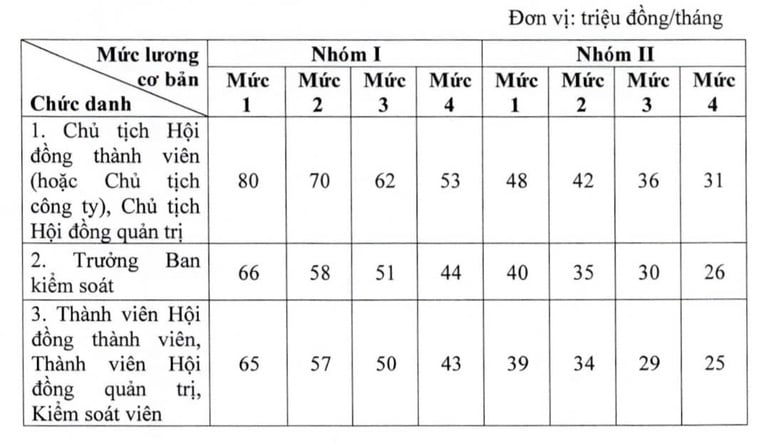
The subjects and conditions for applying levels 1, 2, 3 and 4 of groups I and II shall comply with the provisions in the Appendix issued with Decree No. 44/2025/ND-CP.
Every year, the enterprise, based on the planned production and business targets, determines the basic salary to determine the planned salary level of each Board Member and Supervisor.
Source: https://phunuvietnam.vn/quy-dinh-ve-quan-ly-lao-dong-tien-luong-thu-lao-tien-thuong-trong-doanh-nghiep-nha-nuoc-20250301183447559.htm





![[Photo] General Secretary To Lam chairs the meeting of the Central Steering Committee on preventing and combating corruption, waste and negativity](https://vphoto.vietnam.vn/thumb/1200x675/vietnam/resource/IMAGE/2025/9/29/fb2a8712315d4213a16322588c57b975)


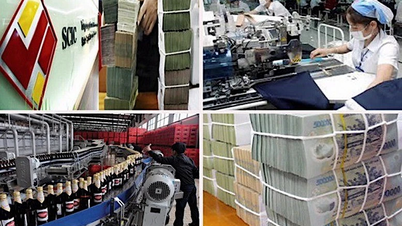















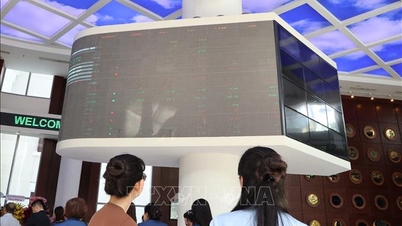

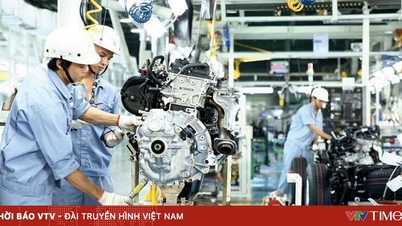
















































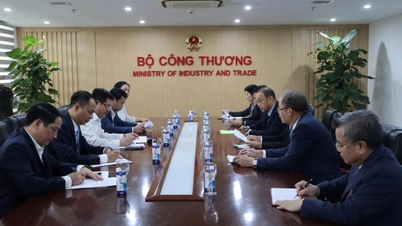








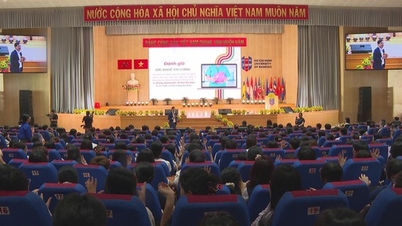

















Comment (0)